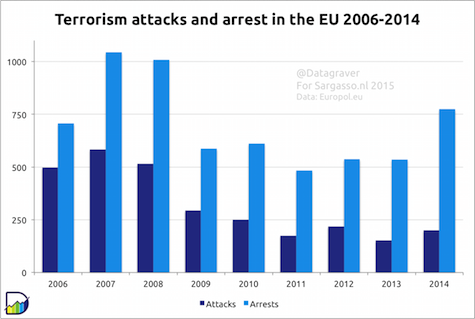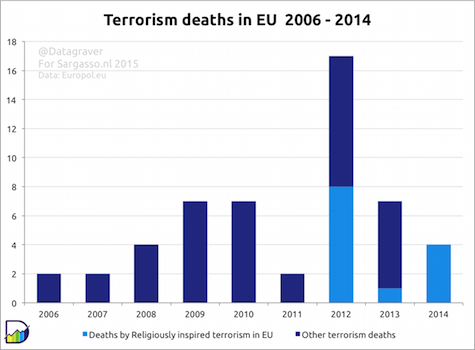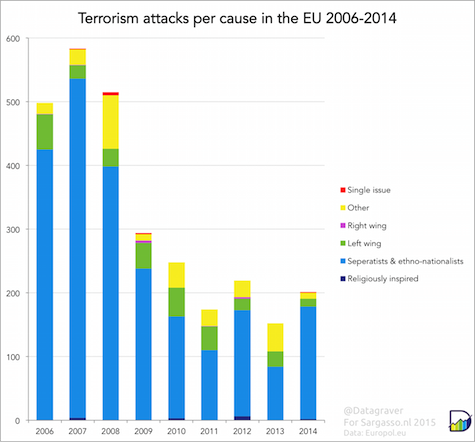Quote du Jour | Original sins of the Eurozone
The two people most responsible for the eurozone crisis, of which Greece is just the most extreme manifestation, are the former French president François Mitterrand and long-time Italian prime minister Giulio Andreotti. Those two old foxes were the key players who, immediately after the fall of the Berlin Wall, pinned down Helmut Kohl, the West German chancellor, to a timetable for European monetary union in return for their own grudging support for German unification – but would not accept the fiscal union needed to make it work. “Recent history, not only in Germany,” said the historically informed statesman Kohl, “teaches us that it is absurd to expect in the long run that you can maintain economic and monetary union without political union.” How right he was.
This was only one of several original sins of the eurozone.



